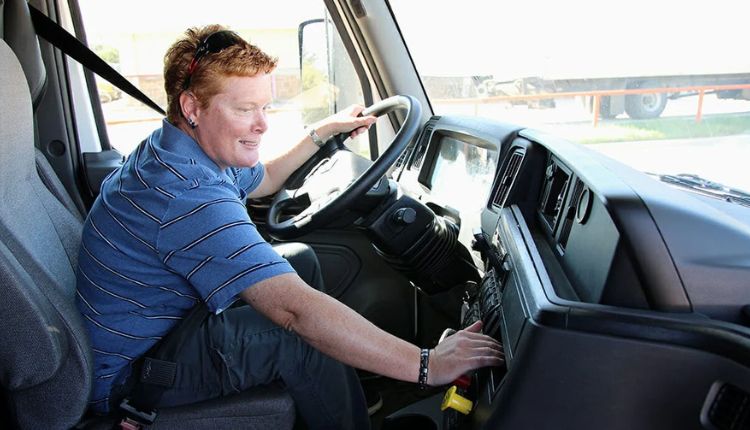The skilled trades landscape is evolving as more women across the country enter, and succeed in, technical careers, traditionally dominated by men. Accessible, targeted training programs are helping break down barriers and create new opportunities in high-demand fields. Sonoran Desert Institute (SDI), accredited by the Distance Education Accrediting Commission (DEAC), supports this progress by equipping all learners, regardless of gender, with the practical skills needed to succeed and thrive.
From welding and electrical work to gunsmithing, cybersecurity and drone operations, women are proving that success in the trades isn’t about stereotypes, but it is about skill, determination and access to the right tools and training. As demand grows for qualified workers, the path is opening wider for women who want to build lasting, high-paying careers with their hands and minds.
Changing the Face of the Workforce
Historically, the trades have been male-dominated. However, the narrative is changing. Organizations, educators and employers are actively recruiting women into fields like manufacturing, information technology and aviation maintenance. These efforts focus on meeting demand and recognizing talent across diverse populations.
The trades offer what many job seekers want, including stable income, long-term career potential and hands-on problem-solving. As industries modernize and invest in workforce development, they’re looking beyond traditional pipelines to find driven, skilled individuals and women are answering the call.
What’s Driving the Shift
Several key factors are encouraging more women to pursue trade careers:
- Affordability of training – Technical coursework often costs significantly less than four-year degrees, making it more accessible to those with limited resources.
- Shorter timelines – Many certifications can be completed in under a year, allowing for faster entry into the workforce.
- Flexible learning- Online and hybrid coursework accommodate busy schedules and family obligations.
- Clear job outcomes – Trade courses are typically tied directly to job skills, with defined career paths and employer partnerships.
These practical benefits are helping break down the cultural and financial barriers that have long kept women from pursuing technical fields.
Training That Matches Real Opportunity
What distinguishes today’s trade courses is their emphasis on hands-on learning, rather than just theory. Whether it’s firearm maintenance, network troubleshooting or aerial survey planning, students gain experience through practical application. This method ensures success is judged by real-world performance, creating an environment where students can excel based on their abilities.
Institutionsoffer technical courses that emphasize hands-on learning and real-world relevance. Women who enroll in these courses are given the same tools, support and expectations as their peers. They graduate with the ability to perform, not just participate.
That kind of preparation matters in industries where precision and safety are critical. When skills speak for themselves, bias has less room to grow.
Breaking Down Stereotypes, Building Confidence
One of the most powerful effects of women entering the trades is the impact on future generations. When young individuals see professionals who share their background and identity, they begin to imagine new possibilities for their own lives.
This representation is more than symbolic. It helps dismantle outdated ideas about who belongs in technical roles. As more women gain visibility and authority in their fields, others are encouraged to follow, not just because it’s possible, but because it’s practical.
Trade couses also help build confidence. Women gain measurable skills, complete certifications and take pride in mastering tools and technology. They don’t have to wait to be seen as competent. Their work proves it.
Stories of Progress
The growing presence of women in skilled trades is not just a trend. It’s a reality shaped by real people.
For instance, a single mother in her 30s completes a remote drone operations coursework and now contracts with local municipalities for infrastructure surveys. A former hospitality worker becomes certified in firearm technology and opens a part-time repair business. A recent high school graduate earns her first IT credential and begins working as a junior tech for a cybersecurity firm.
These success stories are becoming more common, and they’re just beginning. With the right training and support, more women are using trade careers to gain financial independence, creative control and lasting stability.
Workplace Culture and Support
Support for women in trades extends beyond training. Companies are increasingly creating environments that welcome and retain diverse talent, by implementing mentorship initiatives, flexible policies and clear paths for advancement.
